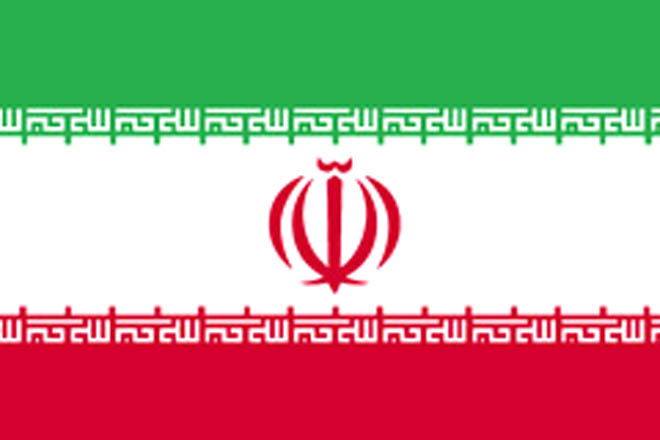Iran's state food buyer is expected to play a bigger role in sugar imports in coming months as the Islamic Republic tries to secure stocks to avoid unrest and sidestep a sanctions-driven finance freeze that has affected private buyers, Reuters reported.
Food shipments are not targeted under Western sanctions aimed at Iran's disputed nuclear programme, but financial prohibitions have frozen Iranian firms out of much of the global banking system, making payments difficult.
Iran's Government Trading Corporation (GTC), which procures, stores and distributes basic staples including sugar, flour and bread, is stepping up activity, trade sources said.
"As a result of the potential political impact of food shortages and rising prices, Iranian authorities are likely to use state buyers to secure large orders of basic food staples to counter any shortfall created by the inability of smaller private companies to circumvent sanctions," said Torbjorn Soltvedt, a senior analyst at risk analysis firm Maplecroft.
"This is especially likely to be the case in the period running up to Ramadan, when the potential negative political impact of food scarcity will be amplified."
The Muslim fasting month of Ramadan, which will run from July 20 to Aug. 18, is a time of higher sugar consumption.
GTC purchased at least 50,000 tonnes of Brazilian raw sugar earlier this month and tendered this week for a further 50,000 tonnes of raw sugar for July shipment, trade sources said.
"GTC will certainly be in the market for more. Everything will depend on how they secure imports on the payment side," a Middle East-based sugar trade source said.
"They are in a prime position for government-to-government deals, so that will help with countries willing and able to work with Iran."
ONCE A MONOPOLY
A few years ago GTC had a monopoly on buying and importing commodities into Iran and is likely to step up as private buyers have to withdraw, the Middle East source said.
A European sugar trade source said: "We think there is likely to be a shift to the GTC in procurement because of the complexities of doing business with Iran during sanctions. It's a difficult place to do business."
A GTC source said the agency had bought a few sugar cargoes recently but declined to comment on how much it would seek in coming months.
Iranian importers have managed to find alternative sources of financing in recent months, despite the sanctions, to secure grain stocks from international markets.
GTC has also purchased around 60,000 tonnes of Argentine soyoil in recent weeks, trade sources said.
"The issue of rising food prices has become a thorny political issue for the regime and President Mahmoud Ahmadinejad in particular," said Maplecroft's Soltvedt.
"Sanctions including those targeting the Iranian central bank have compounded inflationary pressure on basic food items, which have continued to rise under Ahmadinejad's policy of cutting subsidies.
Another Europe-based source said trade with Iran was complicated by the gap between the official and the free market exchange rates.
"There is a shift in the amount of currency arbitration between the official rate and the market rate, which makes it very difficult for private buyers to do anything unless they get a letter of credit at the official rate," the source said.
"Importing sugar at the market currency rate makes no sense. If the official rate is applied, there is a good margin."






